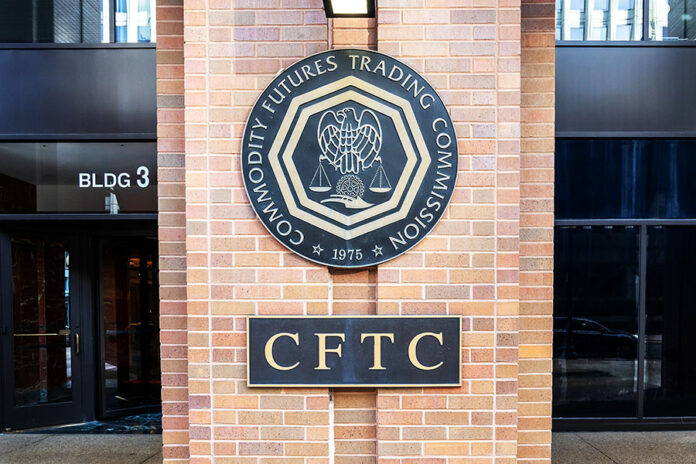
At a recent US Senate Agriculture Committee hearing on oversight of digital assets, Commodity Futures Trading Commission (CFTC) Chairman Rostin Behnam expressed the agency's interest in becoming the main regulator of cryptocurrencies.
Behnam stated that the agency wants to become the main regulatory authority for cryptocurrencies and digital assets in the country. He indicated that the federal agency has the capacity and experience to regulate this emerging market and that it could collaborate with the Securities and Exchange Commission (SEC) to create the necessary regulations to ensure the supervision of cryptoassets.
These statements were made by Behnam in response to questions asked by US Senator Roger Marshall about the supervision and regulation of cryptocurrencies and digital assets.
If the CFTC were to be named the main regulator of crypto assets in the United States, the role of the Securities and Exchange Commission (SEC) in supervising these digital assets would be reduced.
The CFTC wants to supervise the cryptocurrency and digital asset industry
The hearing, held on July 10, focused on the Commodity Futures Trading Commission's request for more regulatory authority over cryptocurrencies and digital assets.
During the 2 hour and 2 minute session, Senator Roger Marshall asked Behnam if it would be simpler to designate the commodities agency as the main supervisor of the cryptoasset market and leave only a small number of responsibilities to the authority of the values.
Behnam, in his capacity as president of the agency, responded affirmatively, indicating that she was qualified and has the necessary experience to assume this role.
However, despite his interest in becoming the main supervisory authority for cryptocurrencies, Behnam also stressed the importance of making changes to the current definitions of commodities and securities, to accommodate cryptocurrencies and digital assets. She also stressed the importance of the SEC's involvement in overseeing this emerging sector.
The CFTC and SEC must join forces
According to Behnam, over the past 5 decades, both federal agencies have been collaborating to define assets and supervise and regulate financial markets, and this is something that should not change in relation to cryptocurrencies.
Therefore, despite his proposal to assume a more significant role and be at the forefront of cryptoasset regulation, Behnam stressed the importance of cooperation between the CFTC and the SEC. Still, he also criticized the possibility of the SEC being the agency that has the exclusive ability to define digital assets as securities and to decide which assets fall under its jurisdiction.
Regarding future lawsuits from crypto industry participants, Behnam acknowledged that this possibility exists. However, he again indicated that collaboration with the SEC would allow digital assets to be classified more appropriately and correctly.
Bitcoin and Ethereum are commodities
During the hearing, Behnam assured that more than 70% of cryptocurrencies should be under the supervision of the CFTC because they cannot be classified as securities by the SEC. He stated that Bitcoin and Ethereum, the two main and most capitalized cryptocurrencies on the market, are raw materials or commodities.
These statements contrast with the actions taken by the SEC against several companies and projects in the crypto industry, which have been justified behind the alleged sale of unregistered securities, as is the case with Ripple.
On the other hand, regarding the budget, the president of the agency reported that it will require about $80 million during its first two years to focus on creating an adequate regulatory regime for cryptoassets. Within this budget, Behnam included administrative and personnel expenses, as well as IT expenses.
In short, the CFTC is willing and prepared to take a more prominent role in regulating digital assets, classifying Bitcoin and Ethereum as commodities. This change could bring greater clarity and protection for investors in the cryptocurrency market, provided the necessary legislative amendments are achieved and effective cooperation with the SEC is maintained.
Main image from Forbes



